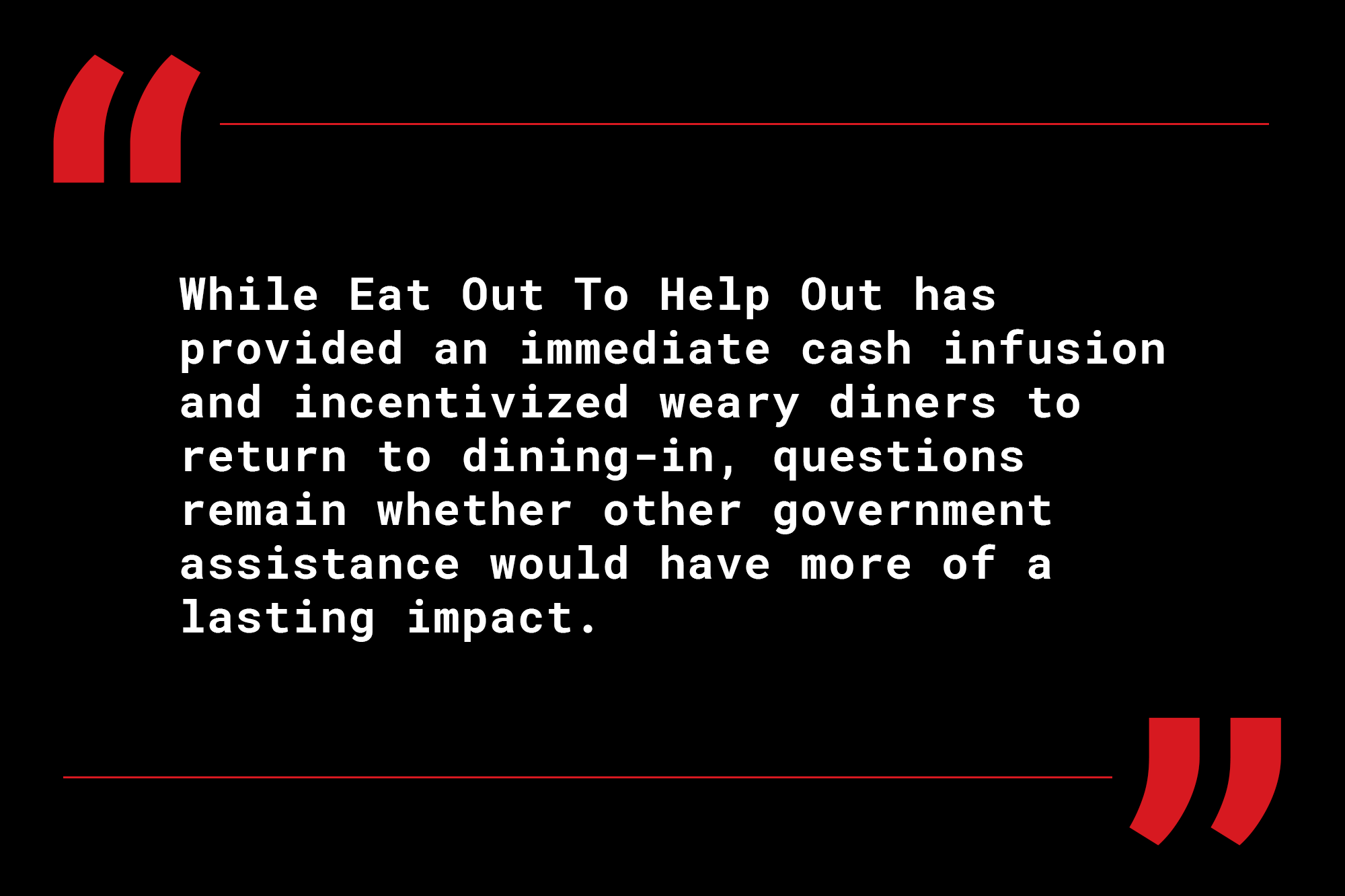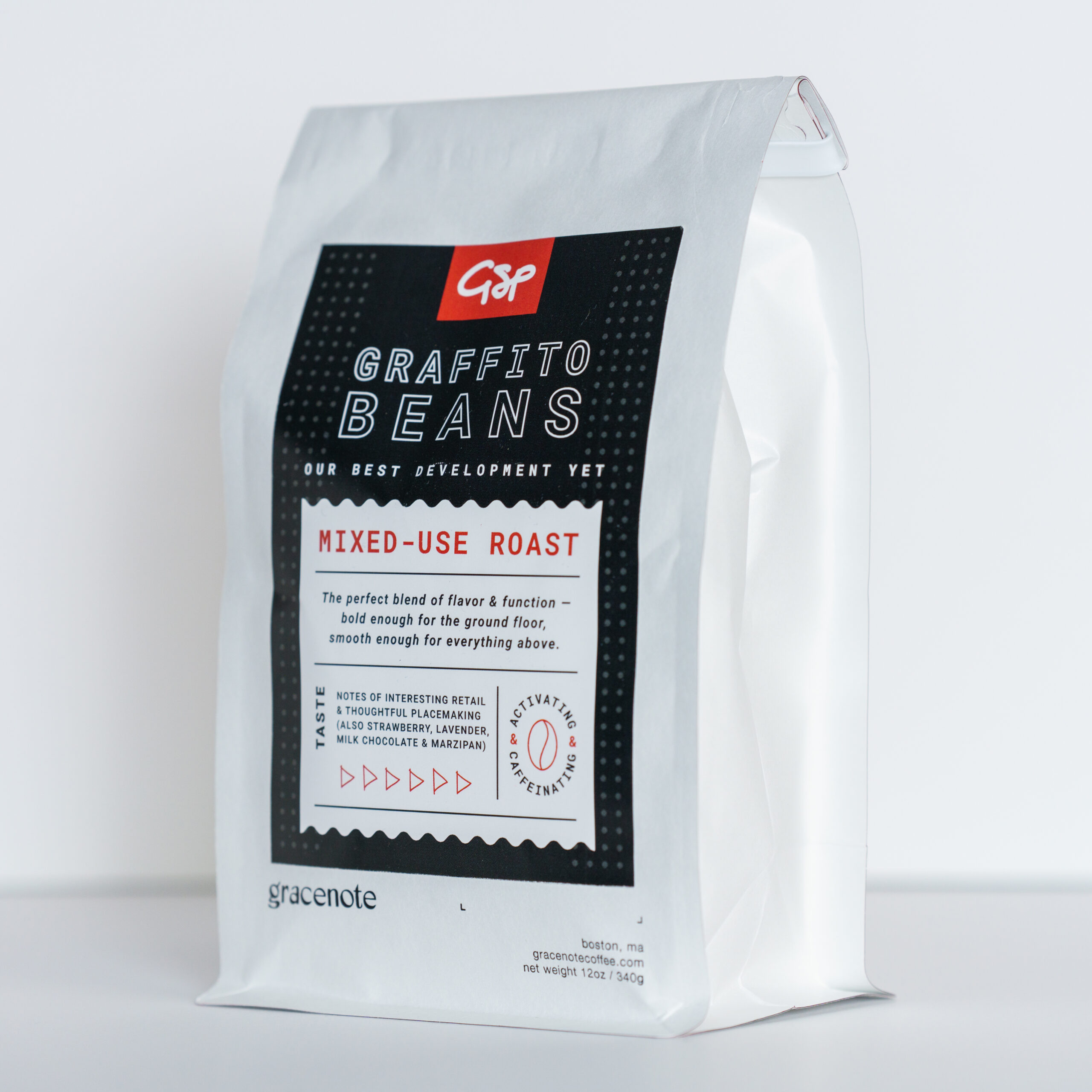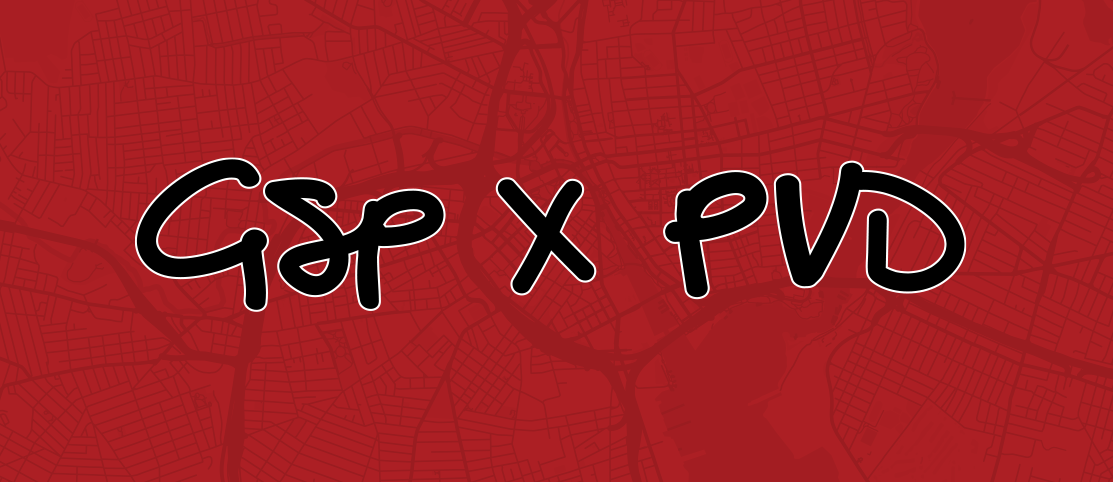Eat Out To Help Out
The UK government has been running a unique COVID-19 hospitality relief initiative called “Eat Out to Help Out” that is meant to support the restaurant industry during the month of August. The program provides a 50% meal subsidy, up to £10 for each patron. For example, a couple dining out that spent £40 for dinner would only pay £20 with the government picking up the balance of the tab. There are restrictions, however, including the exclusion of alcohol sales, blackout periods (valid Monday-Wednesday) and applicable only for dine-in meals. With that said, the program has been popular by the numbers with over 64 million meals sponsored since its inception on August 3rd.
Eat Out to Help Out has caught headlines and has both supporters and detractors. And while it has provided an immediate cash infusion and incentivized weary diners to return to dining-in, questions remain whether other government assistance would have more of a lasting impact. The UK government deserves an “A” for creativity and initiative, but…
What about public health?
- The CDC considers Indoor dining a risky proposition right now (maybe less so in the UK with lower infection rates).
- By the numbers, it appears the UK has experienced a minimal spike in new infections (≈ 1,000 total cases a day in August) and perhaps it’s still too early to tell whether more indoor dining in the UK will actually lead to increased spread.
What about longer-term (6-12 months) relief and assistance for the restaurant industry?
- In Massachusetts, over 25% of restaurants could close as a result of the pandemic, according to the MA Restaurant Association. This begs the question whether a short-term measure like Eat Out to Help Out will actually make a material difference with winter coming and diners concern over the safety of indoor dining.
- The restaurant industry is still holding out hope for the U.S. government to produce another round of PPP or other local relief programs like the Distressed Restaurant Trust Fund that offer more significant bail out packages to keep the lights and w
In sum, Eat Out to Help Out feels more like a gimmick than a real solution to a much deeper problem. As it relates to Massachusetts, the government restrictions with indoor dining and disruptions to the daily lives of would-be customers has resulted in an unsustainable revenue drop while restaurant costs remain relatively fixed. It’s hard to advocate for a similar program here in the U.S. where energy and resources are being spent lobbying for a more substantial fix.




